Product Name: Aluminum Forging
Product Type: Metal Forging
Material: Aluminum
Shape: Customized
Surface Treatment: Anodizing, Powder Coating, Spray Painting, Polishing
Production Process: Die Casting, Press Forging
Advantages:
1. High strength-to-weight ratio
2. Superior mechanical properties
3. Enhanced resistance to fatigue and wear
4. Tight dimensional tolerances
5. Cost-effective production
| Color | Silver |
|---|---|
| Material | Aluminum |
| MOQ | 1 Pcs |
| Sample | Available |
| Place of Origin | China |
Product Details
MINGYU Tech is a well-known manufacturer of aluminum brass forging for the shipbuilding industry. Our extensive experience and advanced forging technology enable us to produce lightweight yet strong and durable forgings for marine applications. We also offer a range of surface treatment options to protect our forgings from corrosion and increase their service life. Our commitment to quality, innovation and customer satisfaction has made us a trusted partner to many leading shipping companies.
aluminum brass forging offers unmatched strength and durability, making the final product capable of withstanding heavy loads and extreme conditions. This is because the forging process aligns the aluminum’s grain structure, making it stronger and more resistant to fatigue and corrosion. As a result, aluminum forged parts have a longer lifespan compared to those made through other manufacturing processes.
One of the key benefits of aluminum brass forging is its ability to produce complex and intricate designs with high precision. This is achieved by using custom dies and specialized machinery, allowing for tighter tolerances and finer details. As a result, forged aluminum components have a smooth surface finish, making them ideal for applications that require a tight seal or precise fit.
| Place of Origin | China |
| Material | Metal Aluminium Steel Copper Brass |
| Process | Forging+machining+HT+finish Machining |
| Surface treatment | Polishing |
| Application | Machinery Parts |
| Product name | aluminum brass forging |
| Certificate | TS16949/ISO9001 |
| Color | Customized Color |
| Quality Control | 100% Inspection |
| Lead Time | 20-35 Days |
| MOQ | 1 Piece |
| Supply Ability | 207157 Piece/Pieces per Month |
| Quantity (pieces) | > 406 |
| Lead time (days) | To be negotiated |
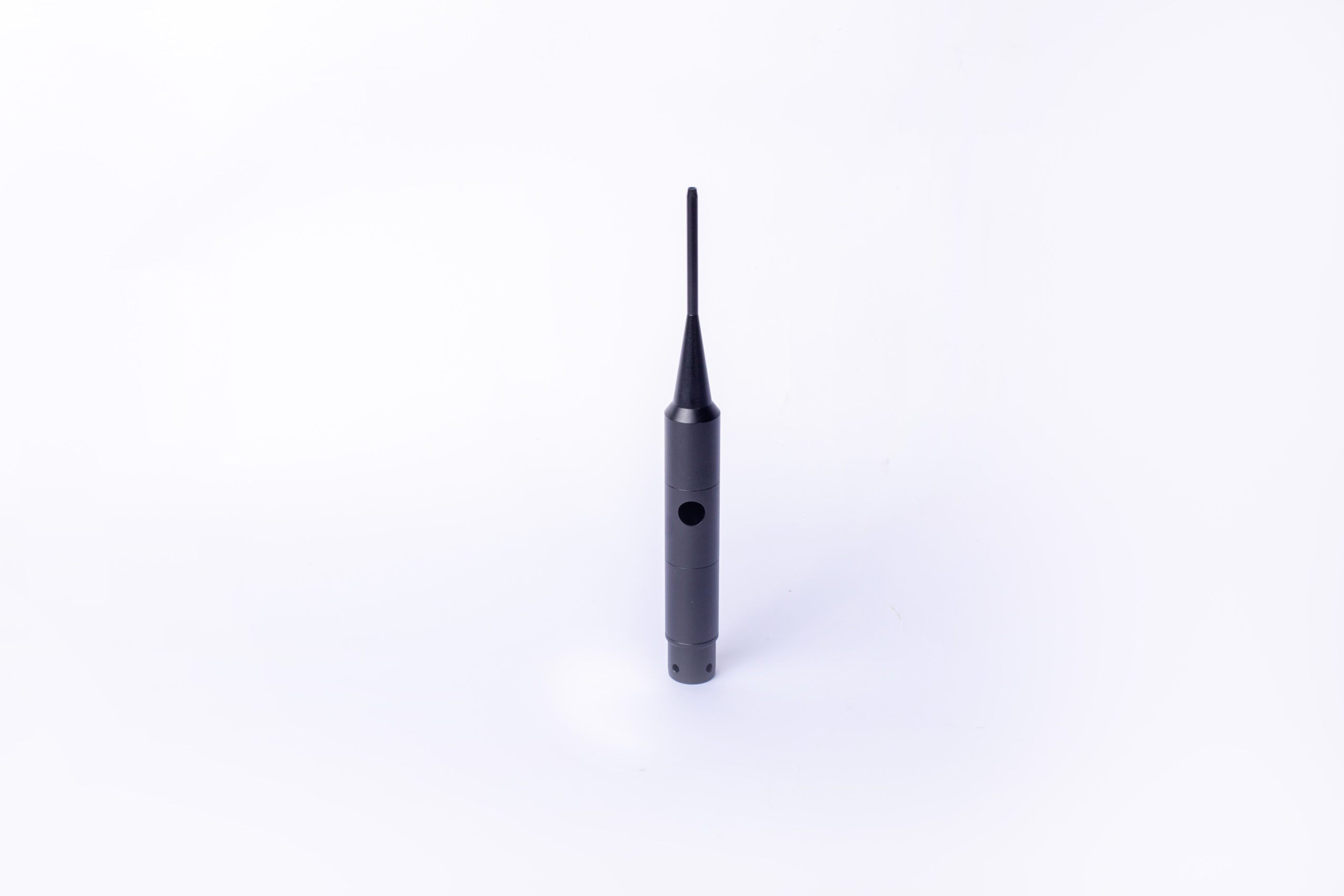
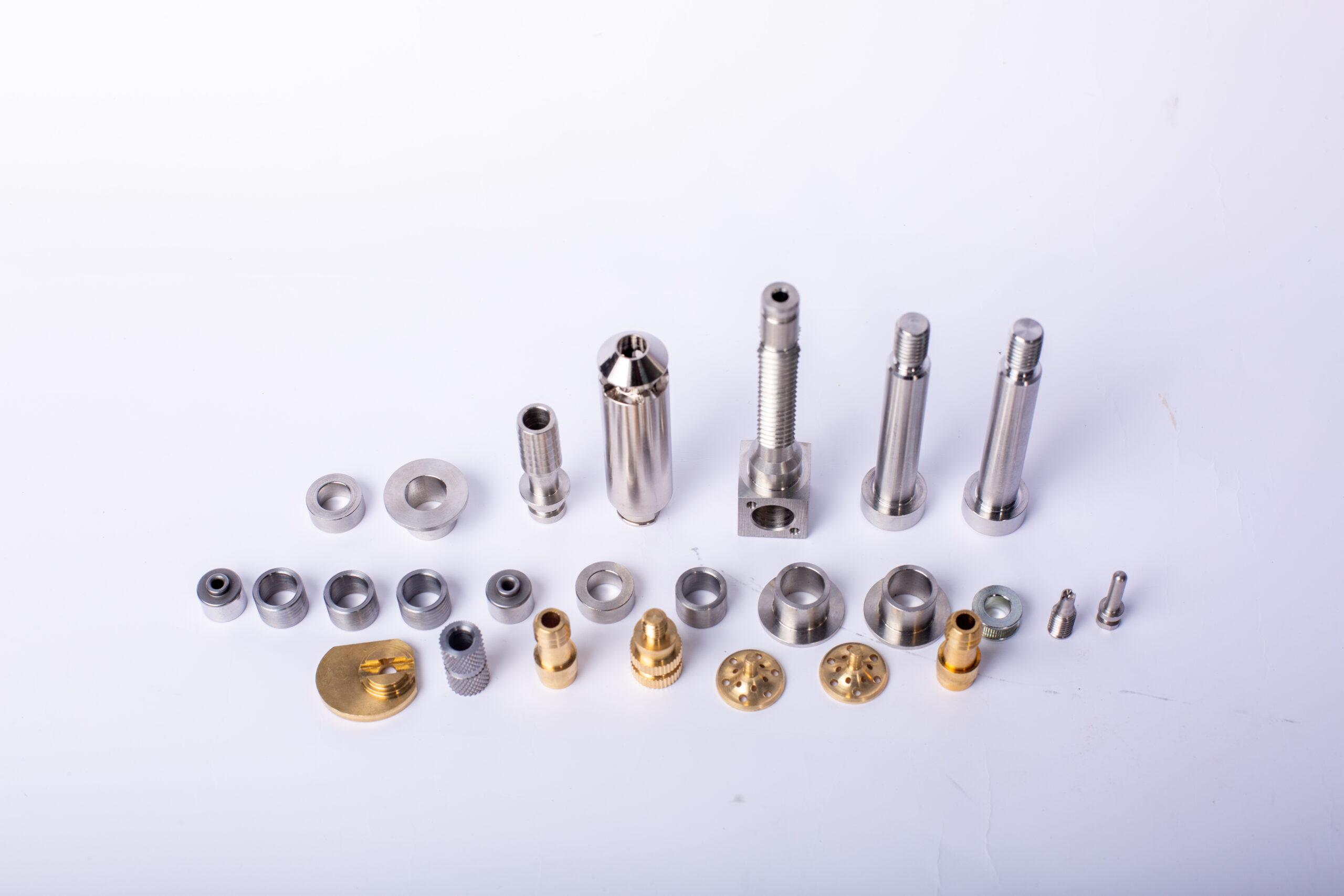
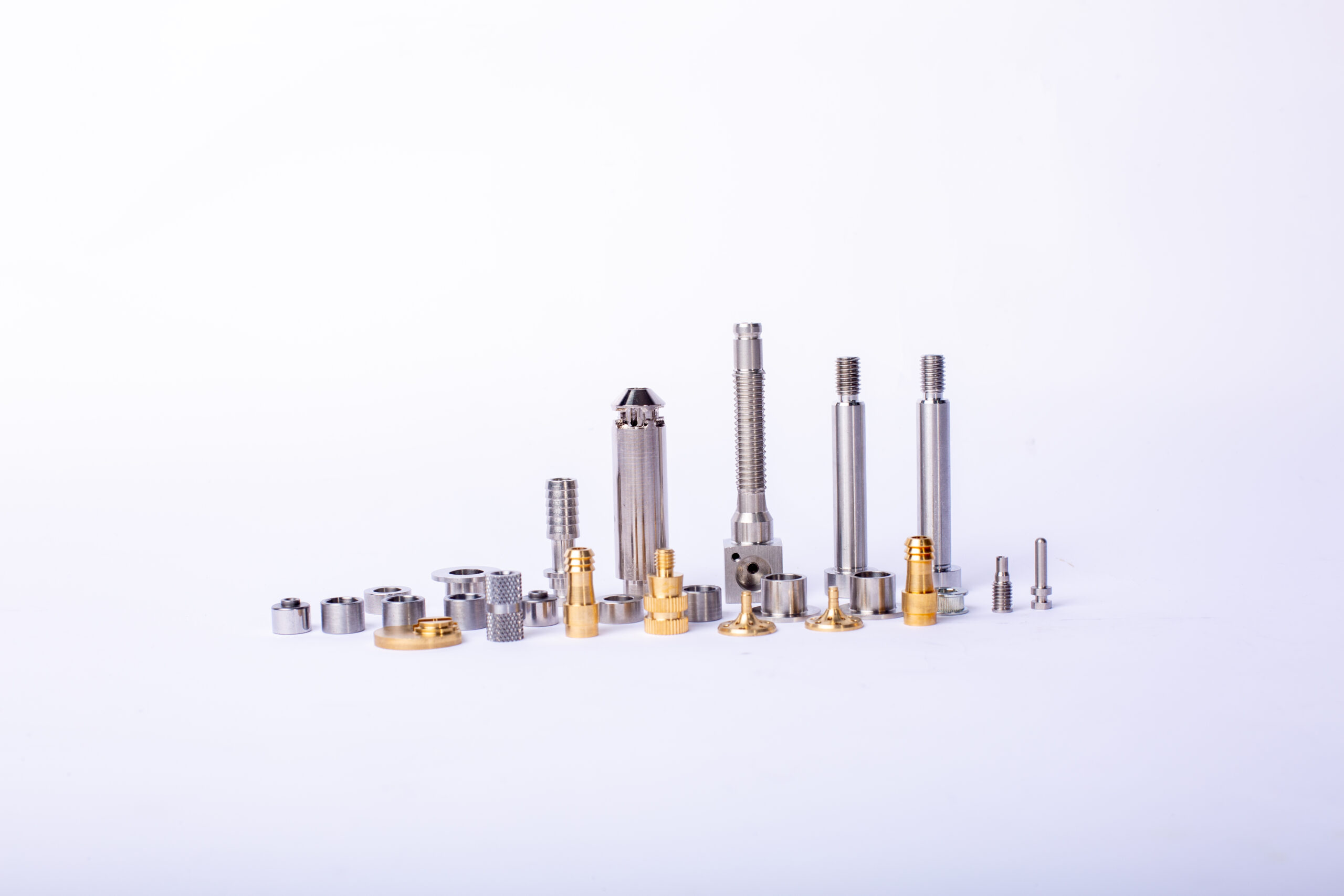
aluminum brass forging FAQs Guide.
Our company is dedicated to providing high-quality aluminum brass forging products to meet the needs of various industries. With advanced technology and skilled craftsmanship, we have become a leading manufacturer in the field of aluminum brass forging. Our products are widely used in aerospace, automotive, and construction industries, just to name a few. We take great pride in our products as they are not only durable and reliable, but also lightweight and eco-friendly. Through this introduction, we hope to showcase the versatility and excellence of our aluminum brass forging products. Thank you for choosing us as your trusted provider of top-notch aluminum brass forging products.
1.What is aluminum brass forging?
We focus on innovation and continuous improvement to maintain a competitive advantage.
Aluminum forging is a metalworking process in which heated aluminum is shaped into desired shapes and sizes by applying compressive forces. It is a process that is used to create complex shapes and parts from aluminum. The process involves heating the aluminum to a temperature that is just below its melting point and then using a hammer or press to shape it into the desired shape. Aluminum forging is used in a variety of industries, including aerospace, automotive, and medical.
2.Can computer-aided design (CAD) be used in the aluminum brass forging process?
We have broad development space in domestic and foreign markets. aluminum brass forging have great advantages in terms of price, quality, and delivery date.
Yes, CAD can be used in the aluminum forging process. CAD software can be used to create 3D models of the parts that need to be forged, which can then be used to create the necessary tooling and dies for the forging process. CAD can also be used to simulate the forging process, allowing engineers to optimize the process and ensure that the final product meets the desired specifications.
3.How does the choice of alloy affect the properties of aluminum brass forgings?
We have been working hard to improve service quality and meet customer needs.
The choice of alloy affects the properties of aluminum forgings in a variety of ways. Different alloys have different levels of strength, ductility, corrosion resistance, and other properties. For example, some alloys are stronger and more durable than others, while some are more resistant to corrosion. Additionally, some alloys are better suited for certain applications than others. For example, some alloys are better suited for high-temperature applications, while others are better suited for low-temperature applications.
4.About aluminum brass forging production skills training
Aluminum forging production skills training is a type of training that teaches workers how to safely and effectively produce aluminum forgings. This type of training is important for workers in the aluminum forging industry, as it helps them to understand the process of forging aluminum and how to produce quality products. The training typically covers topics such as safety, tooling, and the proper use of equipment. It also covers topics such as heat treatment, metallurgy, and the different types of aluminum alloys used in forging. Additionally, the training may cover topics such as quality control and inspection, as well as the different types of finishing processes used in aluminum forging.
5.What are the most common applications of aluminum brass forging?
We enjoy high authority and influence in the industry and continue to innovate products and service models.
1. Automotive components: Aluminum forging is used to create a variety of automotive components, such as engine blocks, cylinder heads, transmission cases, and suspension components.
2. Aerospace components: Aluminum forging is used to create components for aircraft, such as landing gear, wing spars, and fuselage frames.
3. Industrial components: Aluminum forging is used to create components for industrial machinery, such as pumps, valves, and gears.
4. Sporting goods: Aluminum forging is used to create components for sporting goods, such as bicycle frames, golf clubs, and baseball bats.
5. Hand tools: Aluminum forging is used to create components for hand tools, such as hammers, wrenches, and screwdrivers.
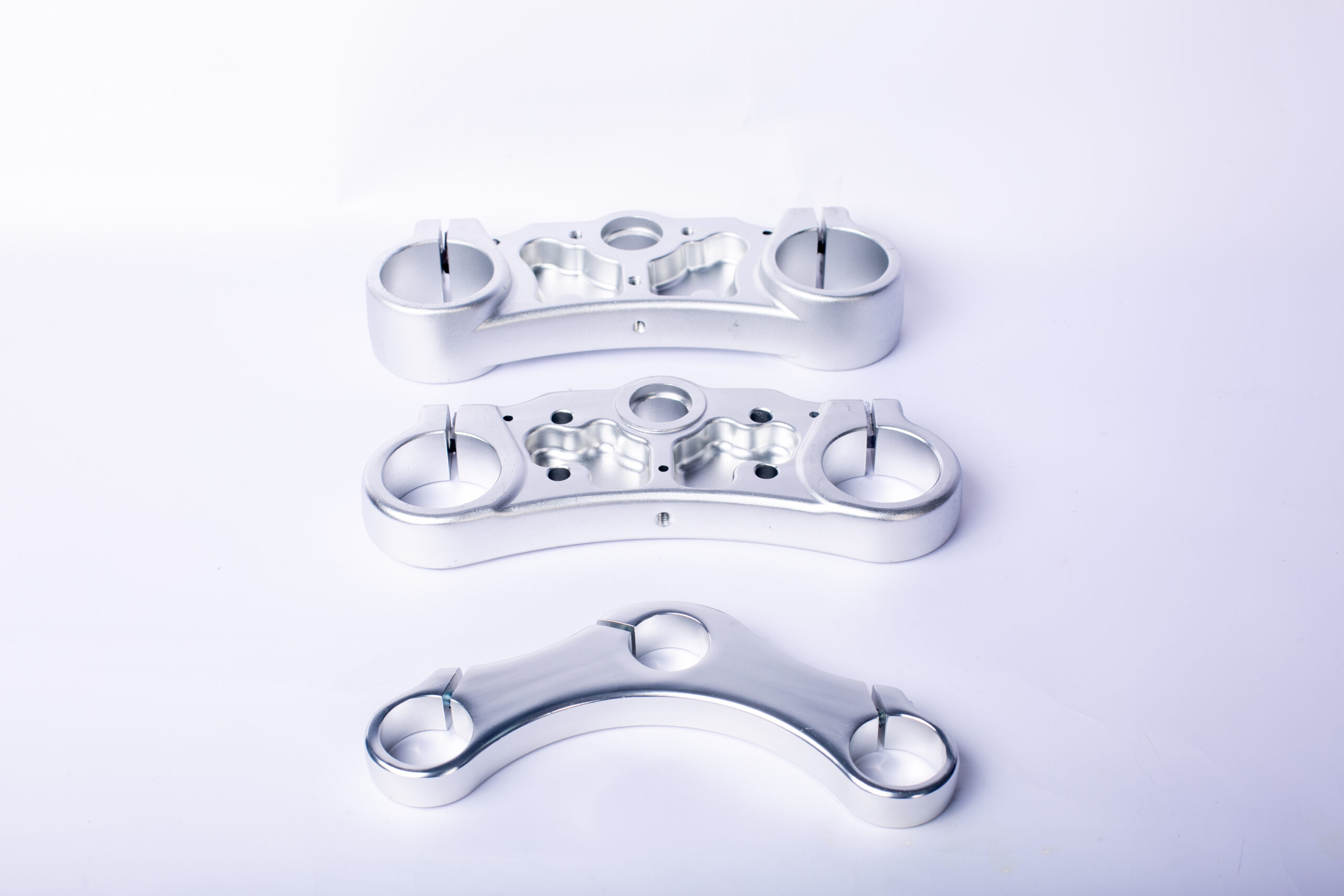
6.What are the steps involved in the aluminum brass forging process?
We continue to improve aluminum brass forging products and processes to improve efficiency.
1. Design: The first step in the aluminum forging process is to design the part. This includes determining the size, shape, and other specifications of the part.
2. Heating: The aluminum is heated to a temperature of around 800-900°C (1472-1652°F). This is done to make the aluminum malleable and easier to shape.
3. Forging: The heated aluminum is then placed in a die and forged into the desired shape. This is done using a hammer or press.
4. Finishing: The forged part is then finished by machining, grinding, or polishing. This is done to achieve the desired surface finish.
5. Inspection: The part is then inspected to ensure it meets the design specifications.
6. Heat Treatment: The part may then be heat treated to improve its strength and durability.
7. Final Inspection: The part is then inspected one final time before it is ready for use.
7.How is aluminum brass forging different from other metal forging processes?
We continue to invest in research and development and continue to launch innovative products.
Aluminum forging is different from other metal forging processes in that it requires a different set of tools and techniques. Aluminum is a softer metal than other metals, so it requires a different set of tools and techniques to shape it. Aluminum forging also requires a lower temperature than other metals, so it is more energy efficient. Additionally, aluminum forging is more cost effective than other metal forging processes due to its lower melting point.
8.What are the properties of aluminum that make it suitable for forging?
We have the leading technology and innovation capabilities, and attach importance to employee training and development, and provide promotion opportunities.
1. Aluminum is lightweight and strong, making it ideal for forging.
2. Aluminum has a low melting point, making it easy to shape and form.
3. Aluminum is corrosion-resistant, making it suitable for outdoor applications.
4. Aluminum is malleable and ductile, making it easy to work with.
5. Aluminum is a good conductor of heat and electricity, making it suitable for electrical components.
6. Aluminum is non-magnetic, making it suitable for use in sensitive electronic equipment.
7. Aluminum is relatively inexpensive, making it a cost-effective choice for many applications.
9.How does the cost of aluminum brass forging compare to other metal forging processes?
We have advanced production equipment and technology to meet the needs of customers, and can provide customers with high quality, low priced aluminum brass forging products.
The cost of aluminum forging is typically lower than other metal forging processes due to the lower cost of aluminum compared to other metals. Aluminum is also easier to work with than other metals, which can reduce the cost of labor and production time. Additionally, aluminum is a lightweight metal, which can reduce the cost of shipping and handling.
10.How does heat treatment affect the strength and durability of aluminum brass forgings?
We maintain a certain amount of R&D investment every year and continuously improve operational efficiency to provide better services to our cooperative customers.
Heat treatment can significantly improve the strength and durability of aluminum forgings. Heat treatment can increase the strength of aluminum by increasing the hardness of the material, which can help to reduce wear and tear. Heat treatment can also improve the fatigue strength of aluminum, which can help to increase the life of the part. Heat treatment can also improve the corrosion resistance of aluminum, which can help to increase the durability of the part.
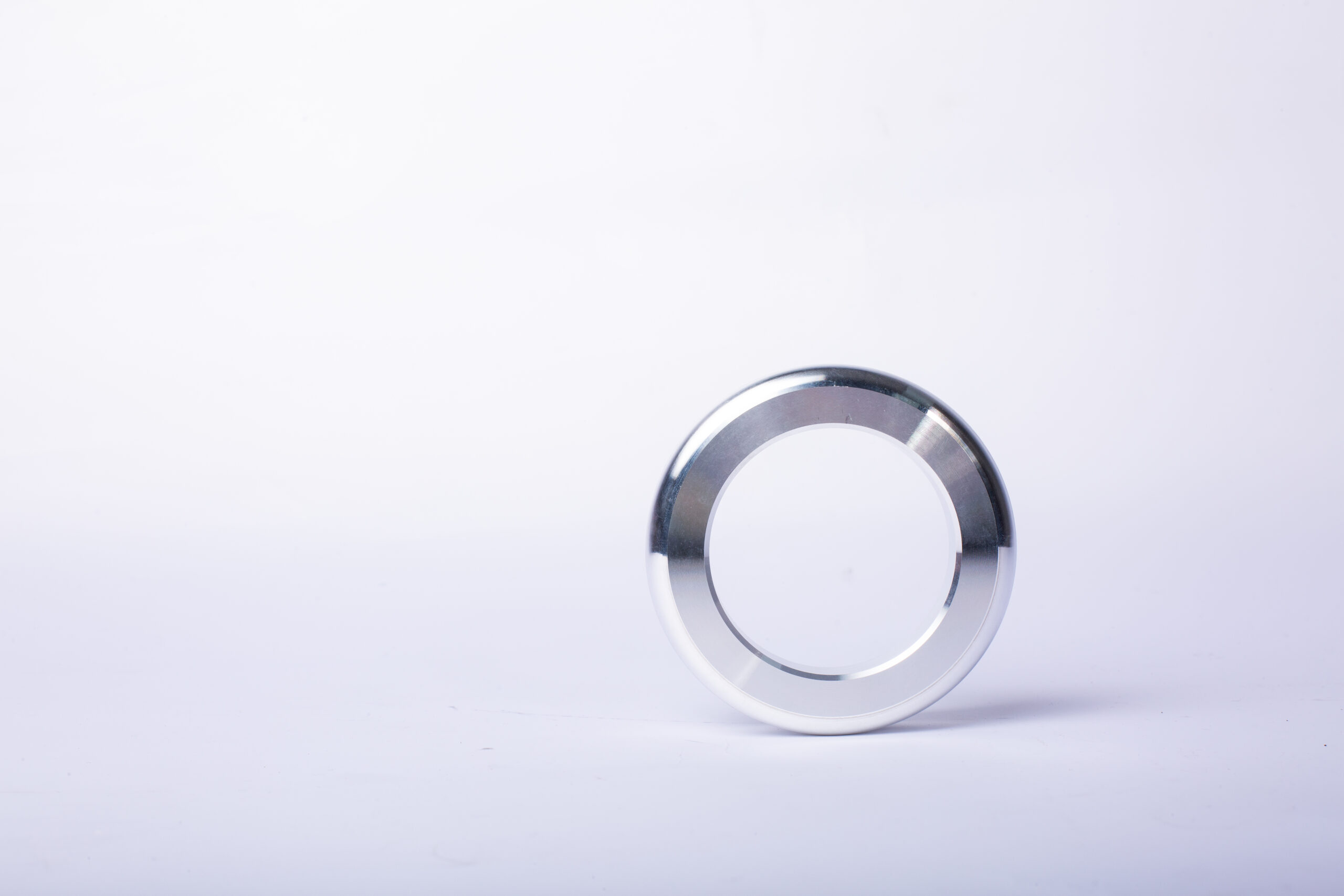
11.Are there any unique thermal or electrical properties of aluminum brass forgings?
We maintain a stable growth through reasonable capital operations, focus on industry development trends and cutting -edge technologies, and focus on product quality and safety performance.
Yes, aluminum forgings have unique thermal and electrical properties. Aluminum is a good conductor of electricity and heat, and its thermal conductivity is higher than that of steel. Aluminum also has a high strength-to-weight ratio, making it an ideal material for forging. Additionally, aluminum forgings are corrosion-resistant and have excellent fatigue strength.
12.About aluminum brass forging payment method
Aluminum forging payment methods vary depending on the supplier. Common payment methods include cash, check, wire transfer, credit card, and PayPal. Some suppliers may also accept payment through financing options such as leasing or installment plans. It is important to discuss payment terms with the supplier prior to placing an order.
13.How does the shape and geometry of a part affect the aluminum brass forging process?
The shape and geometry of a part can have a significant impact on the aluminum forging process. The shape of the part will determine the type of die that is used, the amount of force that is required to form the part, and the amount of time it takes to complete the forging process. Additionally, the geometry of the part will determine the amount of material that is required to form the part, the amount of time it takes to complete the forging process, and the amount of force that is required to form the part.
14.About aluminum brass forging R&D capabilities
Aluminum forging R&D capabilities are highly advanced and have been developed over many years. Companies that specialize in aluminum forging have invested heavily in research and development to create new and improved processes and products. This has enabled them to produce high-quality aluminum components that are lighter, stronger, and more cost-effective than ever before. Aluminum forging R&D capabilities include the development of new alloys, improved forging techniques, and the use of advanced computer-aided design and manufacturing (CAD/CAM) systems. These capabilities have enabled aluminum forging companies to produce components that meet the highest standards of quality and performance.
Tag:custom aluminum forging,hot forging aluminum parts,refractory aluminum forge
Product Inquiry
We will respond within 12 hours, please pay attention to the email “@163.com” or “@alumforge.com”.
Also, you can go to the Contact Page, which provides a more detailed form, if you have more inquiries for products or would like to obtain OEM service.
Our sales experts will respond within 24 hours, please pay attention to the email with the suffix “@163.com”.